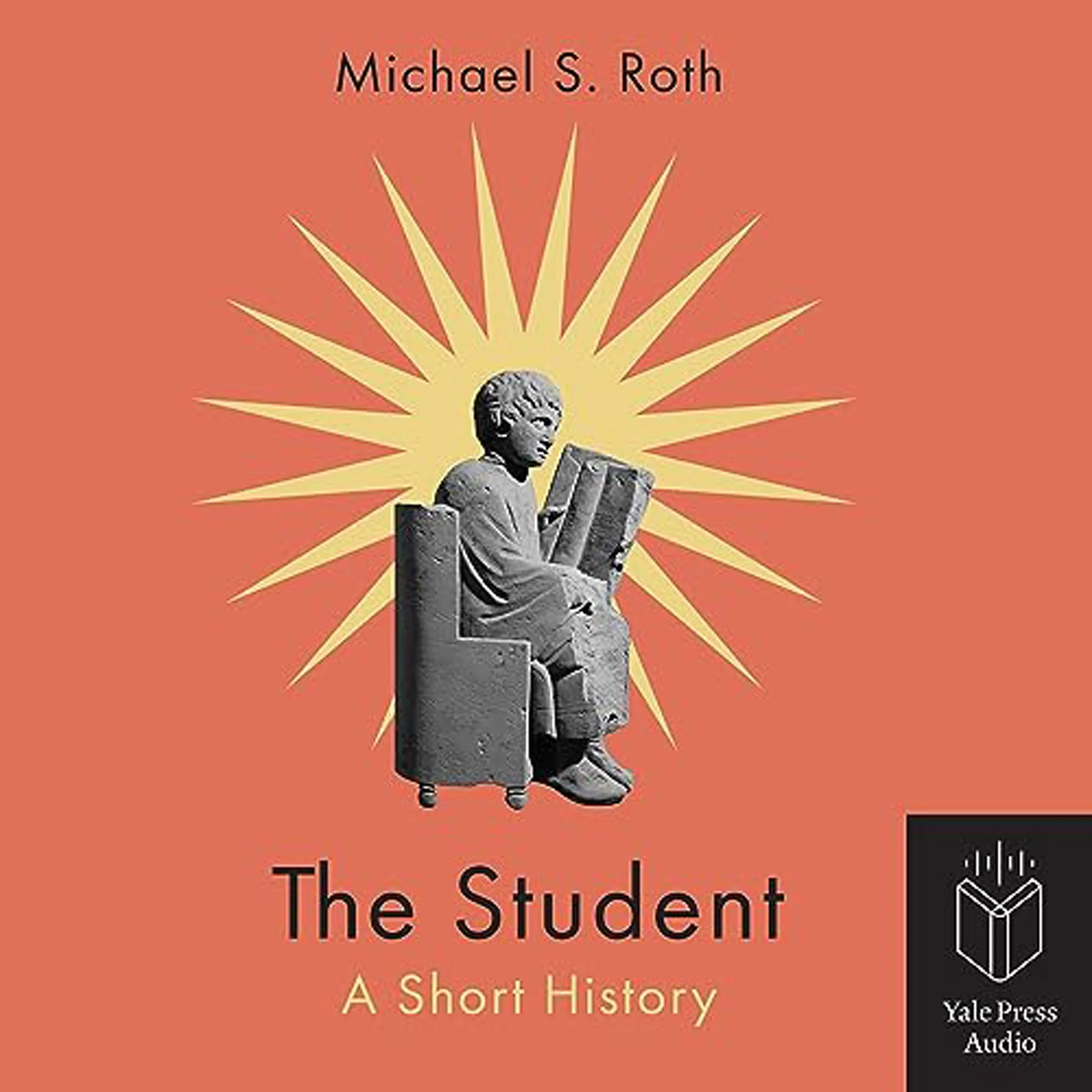The Hidden Humans Behind Artificial Intelligence & the Sociopathology of Elon Musk
/& the Sociopathology of ELON MUSK with SARAH T. ROBERTS
AI is reliant on executives and business managers to direct machine learning to promote their brand and low-level, out-sourced, and poorly paid content managers to slog through masses of images, words, and data before they get fed into the machine. They talk about the cultural, sociological, financial, and political aspects of AI. They end by taking on Elon Musk and the DOGE project, as an emblem of how Silicon Valley executives have embraced a brand of tech rapture that disdains and destroys democracy and attacks the idea that people can take care of each other, independent of sociopathic libertarianism.


